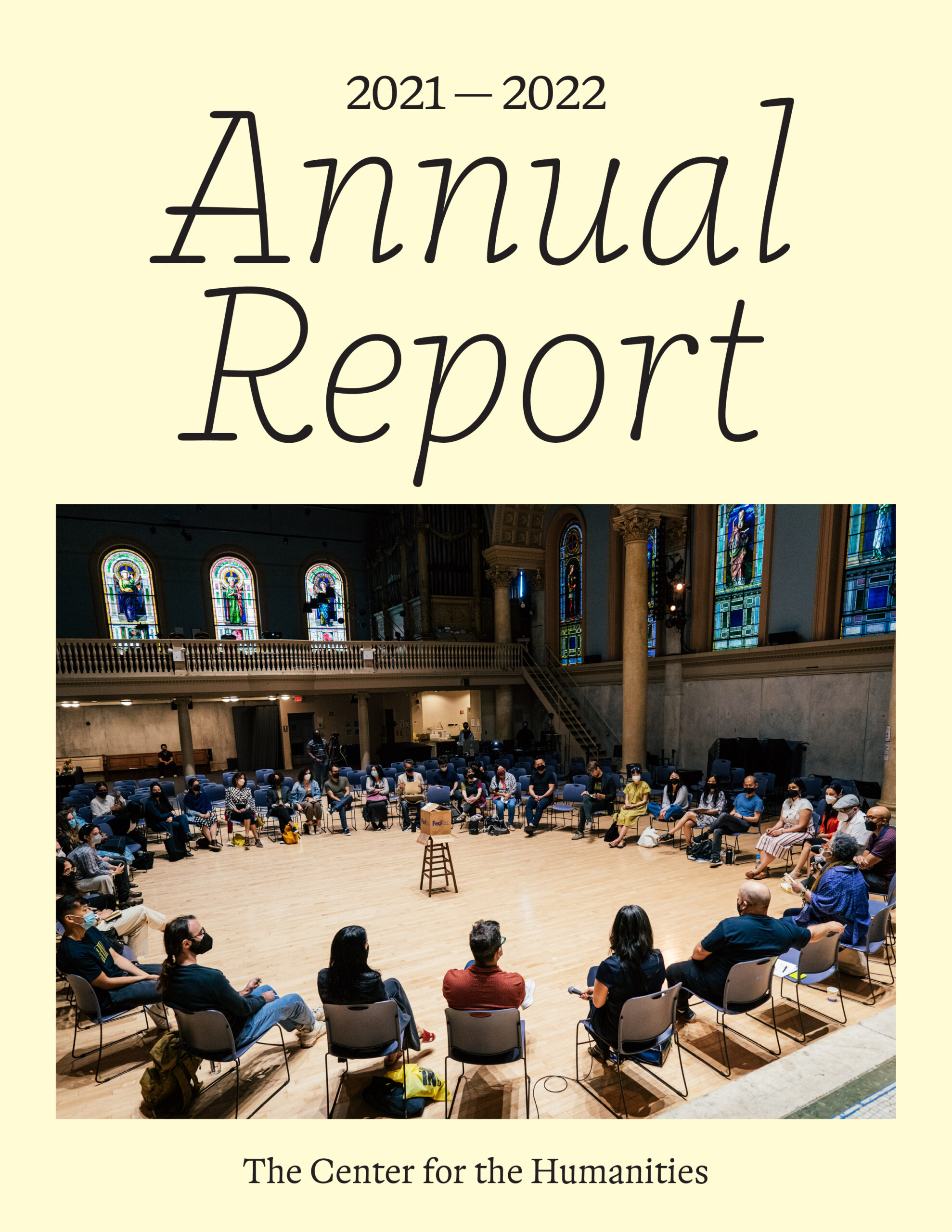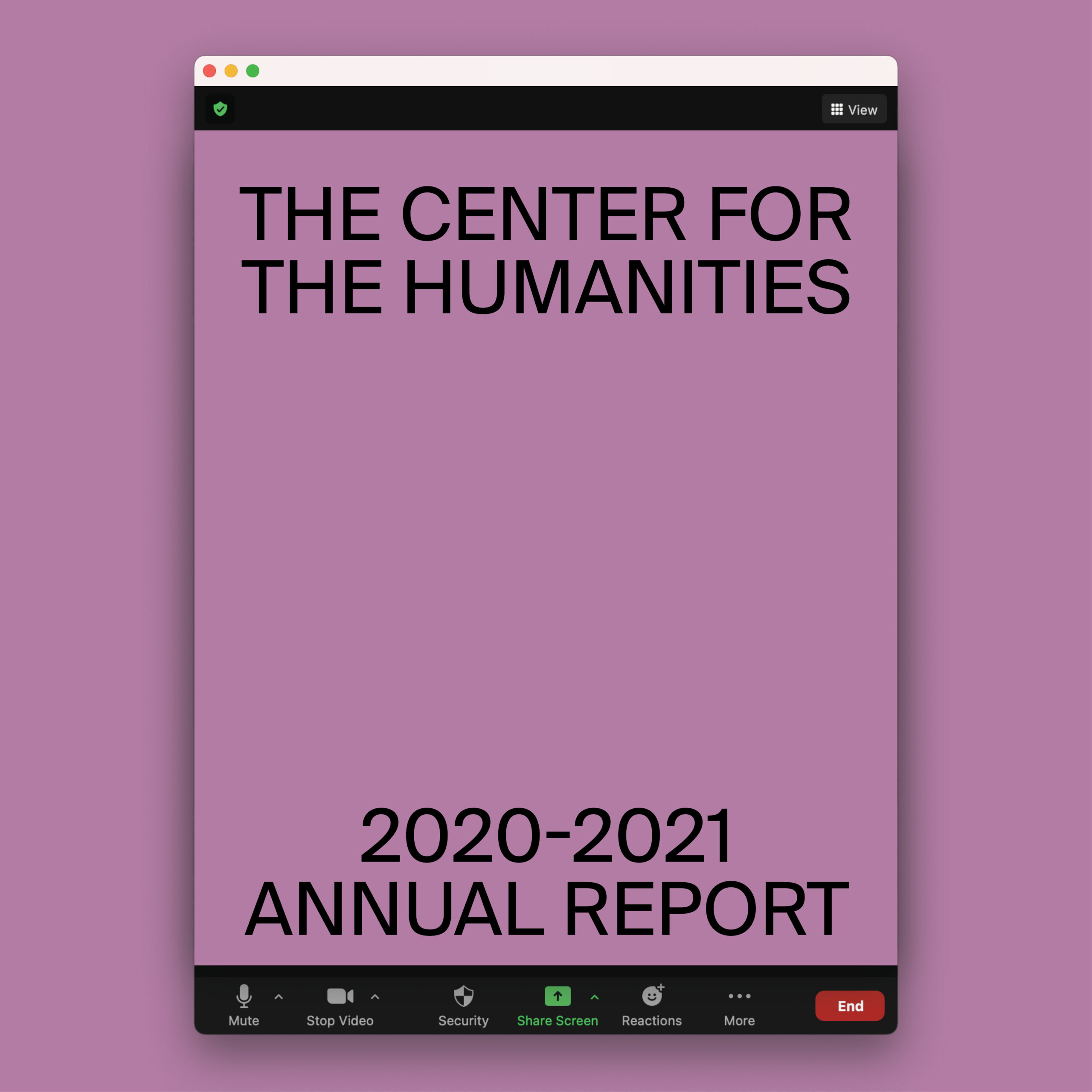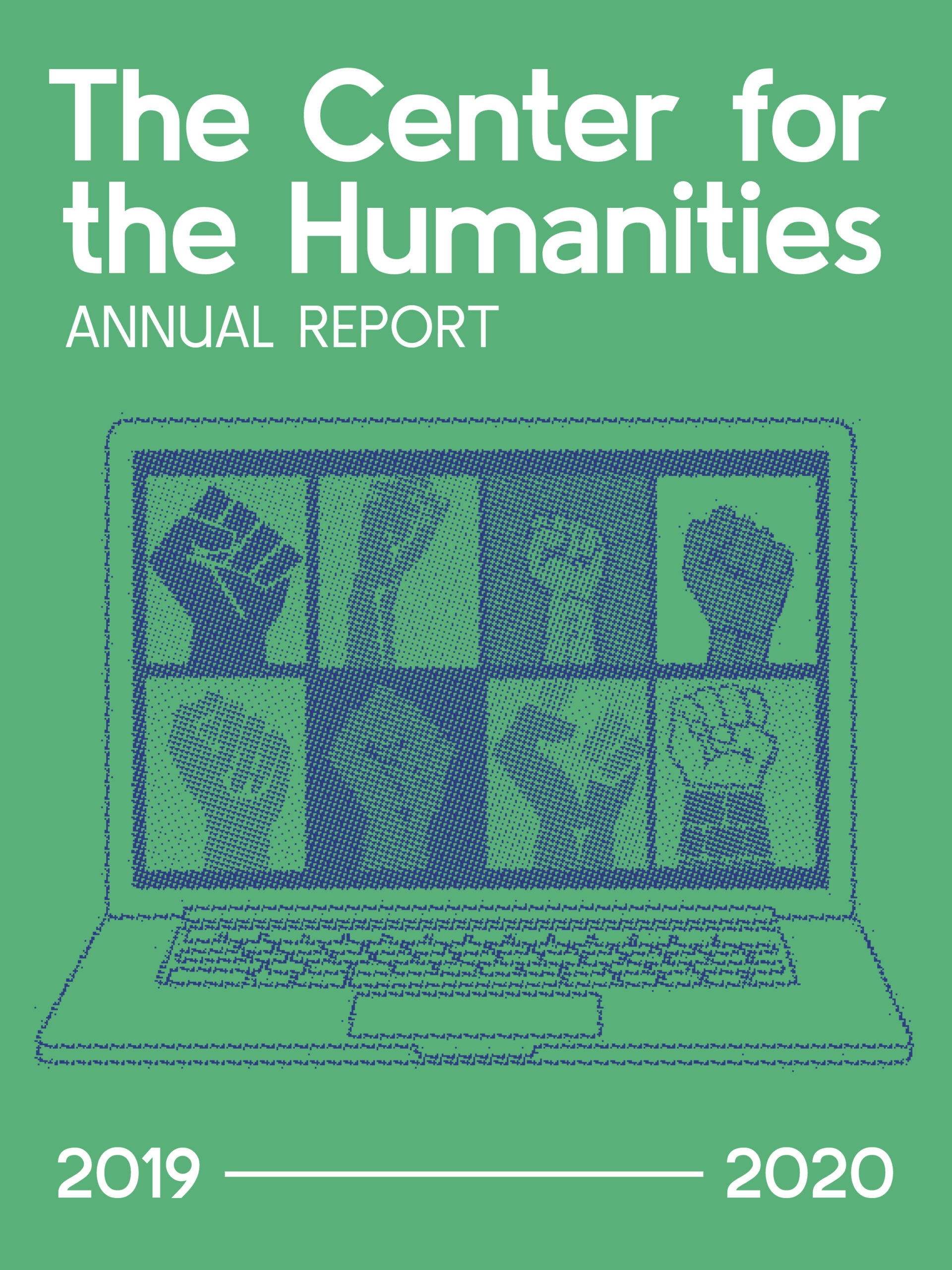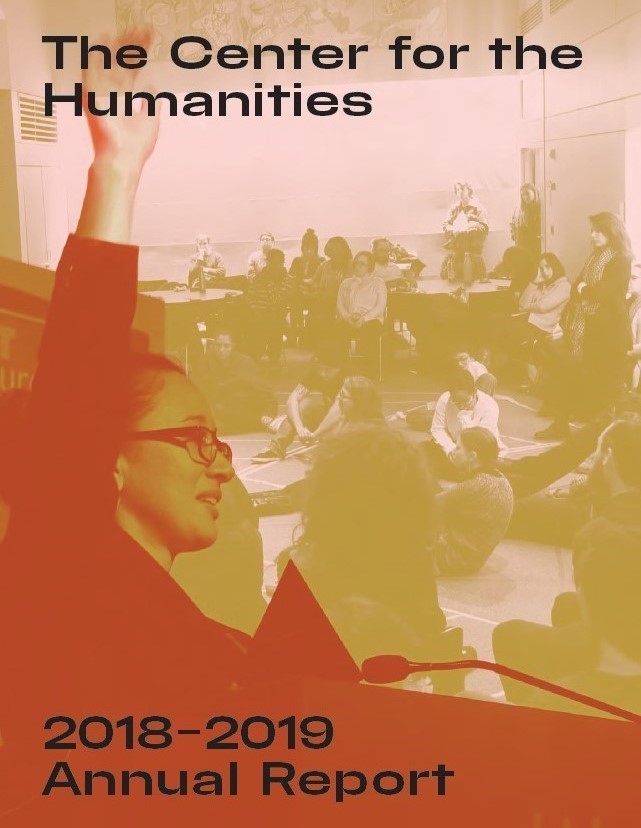Mission, Vision, and Values
Mission
The Center for the Humanities at the CUNY Graduate Center encourages collaborative, creative, and engaged work in the humanities and social sciences.
While providing students, faculty, and community partners with grants, fellowships, and professional support, we also produce innovative projects and programs, digital and print publications, and infrastructure for public scholarship from a justice-forward framework at CUNY and across NYC.
In addition to our general programming, the Center’s keystone platforms include the Public Scholarship Practice Space (PS2), the NYC Climate Justice Hub, Working Groups in the Humanities, Lost & Found: The CUNY Poetics Document Initiative, Women’s Studies Quarterly, and Distributaries: New Writing in the Public Humanities.
As a service organization, we offer fellowships, internships, mentorship programs, peer-to-peer working groups, interdisciplinary seminars, pedagogical training platforms, grant development and implementation support, as well as project management, project amplification, technical assistance, and professional growth opportunities that serve students, faculty, movement partners, and the general public across New York City.
Vision
The CUNY Graduate Center has long been home to activist-scholars who spent their lives seeding good change within and beyond the university through research, teaching, and service–in the broadest possible sense of the word.
As inheritors of their collective wisdom, the Center for the Humanities takes seriously their charge to carry forward a radical vision of graduate education as a public good and social research as a key to collective flourishing.
We honor the past and future of humanistic inquiry, a continuum that includes traditional, applied, activist, engaged, and creative scholarship. The bridges we build through our work flow bidirectionally, uniting graduate and undergraduate education, qualitative and quantitative research, and intramural and extramural communities so that, working across all kinds of silos, we might hope to solve our most pressing intellectual and practical problems together.
The questions animating our approach include:
- Where and how is new knowledge created?
- Where and how is community-held knowledge mobilized?
- What institutional forms might we advance to highlight the relevance of literature, history, philosophy, religion, languages, and the arts to the fight for social, racial, environmental, and epistemic justice?
- What methods and insights can the humanities bring to multivalent crises facing humans now, ranging from political polarization to the fiscal and ideological vulnerability of the university itself, from income disparity to climate adaptation?
- What kinds of programming and publication practices enable us to circulate the ideas of CUNY students, faculty, and collaborative partners in broader public discourse?
- How can we prioritize community expertise in curricular development, social research, cultural creation, vocational preparation, and systems change?
- And finally, what special role should a humanities center at an urban, public university play in cultivating a more just and joyous city?
Values
Our core values include care, collaborative praxis, critical thinking, creative problem-solving, democratic decision-making, and radical hope.
We strive to preserve the humanity in the humanities, supporting students, faculty, and community partners in their efforts to assess and address the intersecting crisis that humans are called to navigate at this critical inflection point in our shared history. The practical and intellectual challenges facing humans today defy disciplinary partitioning and demand a coalitional approach to knowledge production. The Center builds infrastructure for engagement from the ground up and for the public good.



